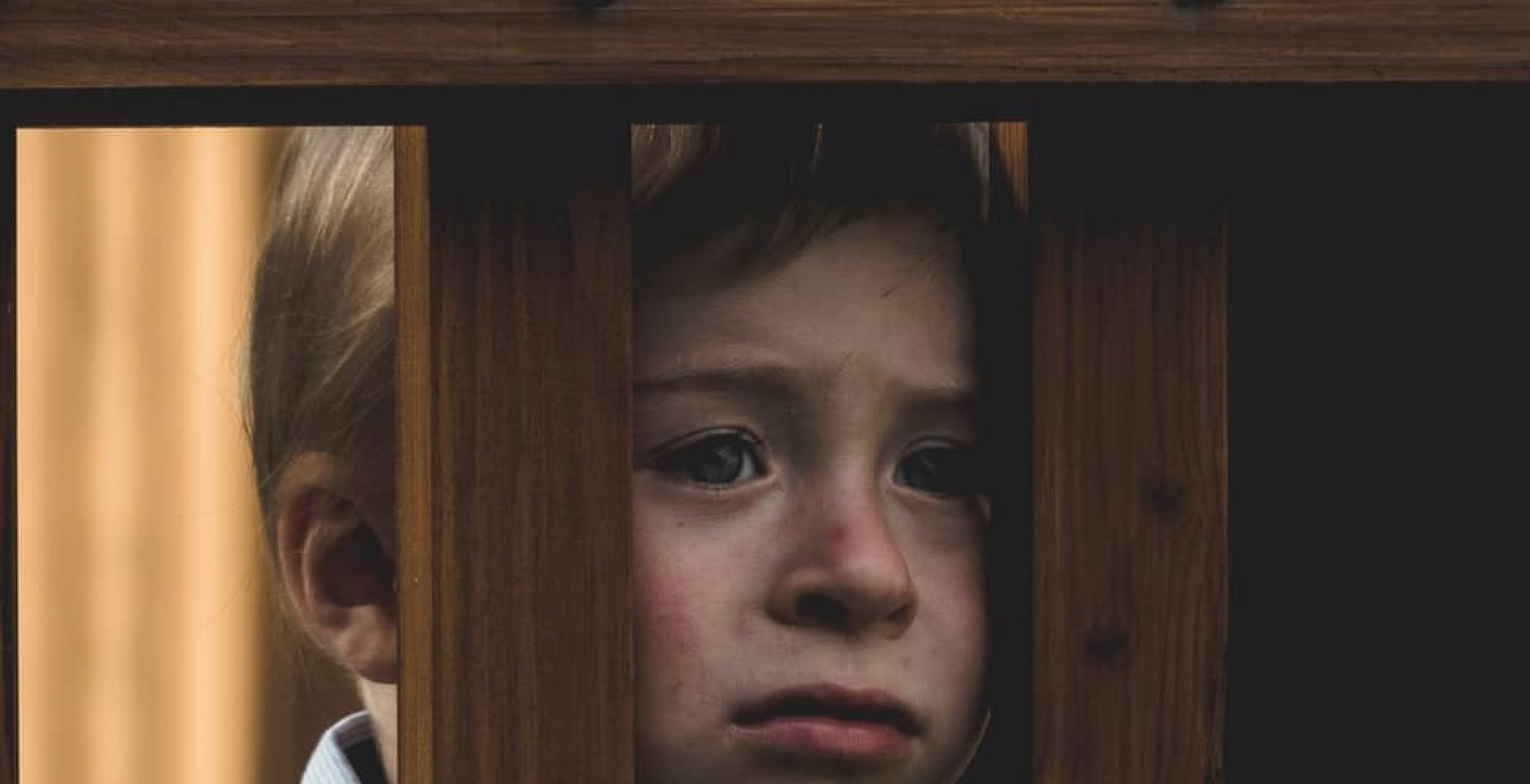Are you a parent of an adopted child, or are hoping to adopt in the future? This is not always an easy process, but it is a rewarding one. Some adopted children may face some psychological issues along the way.
Many refer to some of the issues adopted children face as adopted child syndrome or ACS. To learn more about the psychological effects of ACS, the causes, as well as possible solutions, keep reading.
Adopted Child Syndrome: The Basics
The term adopted child syndrome refers to a condition that is the result of emotional and psychological hardships that adopted children may face. Often, characteristics such as attachment issues or deviant behaviors are typical of this syndrome. These deviant behaviors could be lying, stealing, violence, or the inability to accept authority.
In some cases, children will not have the expressive abilities to share trauma with their foster or adoptive parents. For this reason, it’s important for parents to look out for symptoms of ACS which will typically be reflected in their behavioral issues.
There may be signs of low self-esteem, depression, anxiety, or signs of an identity crisis. The child may also show signs of feeling rejected or have some feelings of grief.
Common Causes of Adopted Child Syndrome
Understanding the different causes of ADS may help parents deal with their child’s distressing feelings and/or behavioral issues. One of the main causes of ACS is feeling a sense of abandonment or loss by being left in some way by a parent or parents.
If a child is orphaned or abandoned, they may carry some trauma at the loss of their biological parent.
This may be something they feel subconsciously, as they may not even remember the abandonment itself. They may fear that their adoptive parent may someday leave them which creates a heightened sense of insecurity.
Additionally, in many cases, the adoptive family chooses not to tell the child about their biological parents or chose to withhold all of the details. This can lead the child to believe that the parents are secretive.
If a parent waits till a certain age to tell the child that they were adopted, the child may wish to learn more about their biological family. The parent may not have this information, as often, sometimes the adoption agencies do not even have details on the biological family.
As a result, a child may feel a sense of alienation from the adoptive family. This could lead to them feeling misunderstood or feeling like they don’t belong in their adoptive family. It may also leave them feeling rejected by the biological family, leaving them with feeling that they are not good enough or that they are unloveable.
Feelings of Otherness or Guilt
It may be even more difficult for a child to adjust to an adoptive family that is from a different ethnicity, as their race and practices may be different. This could lead the child to experience issues with their identity, especially in their teenage years, in which they are forming their identity.
Regardless of ethnic differences, the child may begin noticing their genetic differences from their adopted parents as they grow up.
They may start paying attention to the physical and intellectual differences between them and their adopted parents. This may tighten any feelings of alienation that they feel, as they may feel like they don’t fit in, or that they “stick out” in their adopted family. They may feel that no one in their family resembles them, physically or psychologically.
Additionally, as a child grows, they may begin feeling guilty that they did not give enough to their adoptive family. They may begin feeling that they are somewhat indebted to their adopted family. While gratitude is normal, it may inhibit some of their wishes, such as trying to learn more about their biological family.
For example, a child may feel guilty asking for information about their biological family members, as it will make them appear ungrateful of their adoptive parents. They may fear that asking these questions will upset their adoptive family members which may result in secretly looking for information on their biological family, or refusing to altogether out of guilt.
Treatment Options for Adopted Child Syndrome
There are things you can do to prepare for adopted child syndrome as well as ways that you can help a child cope with these feelings. Firstly, it’s important to never make the child feel like they were adopted out of charity, as this can cause negative thoughts and create a burdening sense of gratitude in the child which can affect their self-esteem and feelings of worthiness.
As a foster or adoptive parent, you will need to put in extra work to ensure that the child begins to settle in your home with care and love.
The child may feel uncomfortable leaving you due to abandonment issues, so it’s wise to create a sense of permanency with them. It’s a good idea to stay calm with the child to help reduce their stress and anxiety and to talk out their concerns with them to build a sense of understanding.
Creating a predictable environment in which your child has a consistent schedule and knows what is expected of them will help to settle them into your home.
SoCal Sunrise Mental Health Is Here to Help!
If issues with the child feel out of hand, therapy can be a great treatment option. A professional may be able to help your child one on one, or you may consider trying family therapy to work through the issues together. For help from professionals, contact us today to book an appointment.







